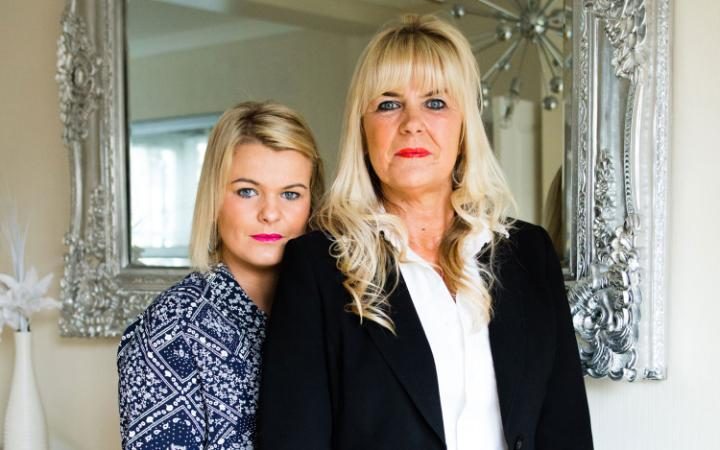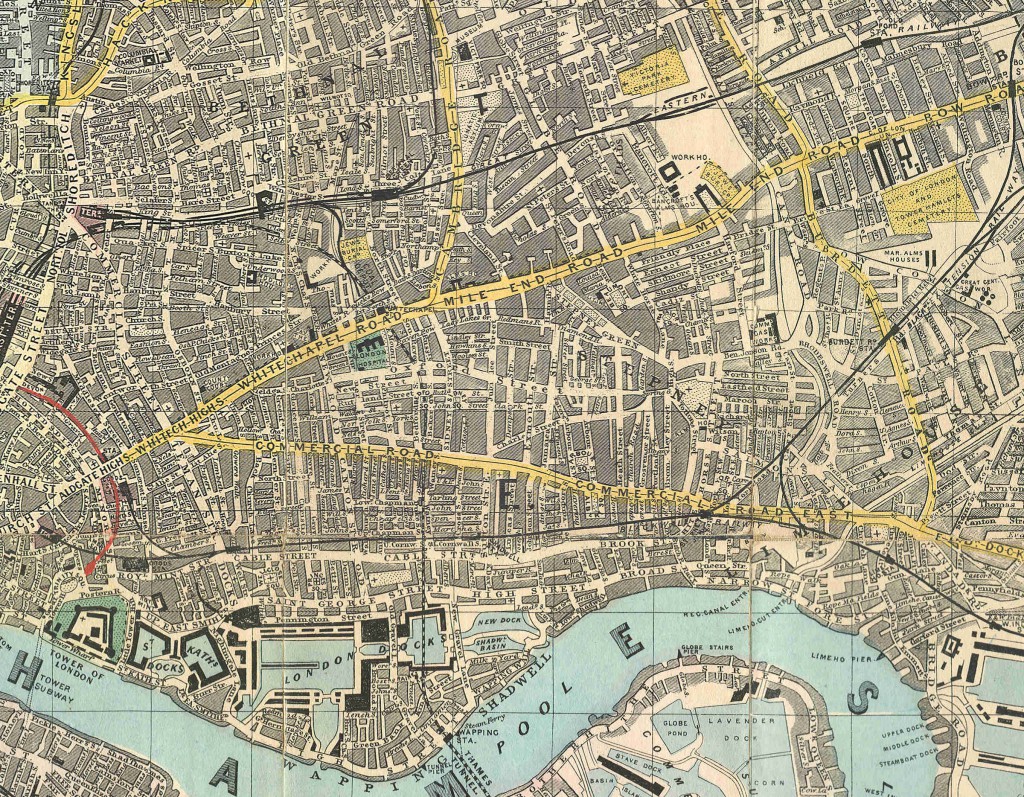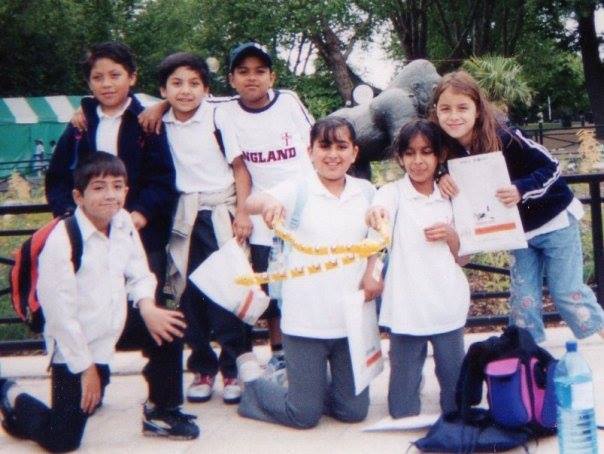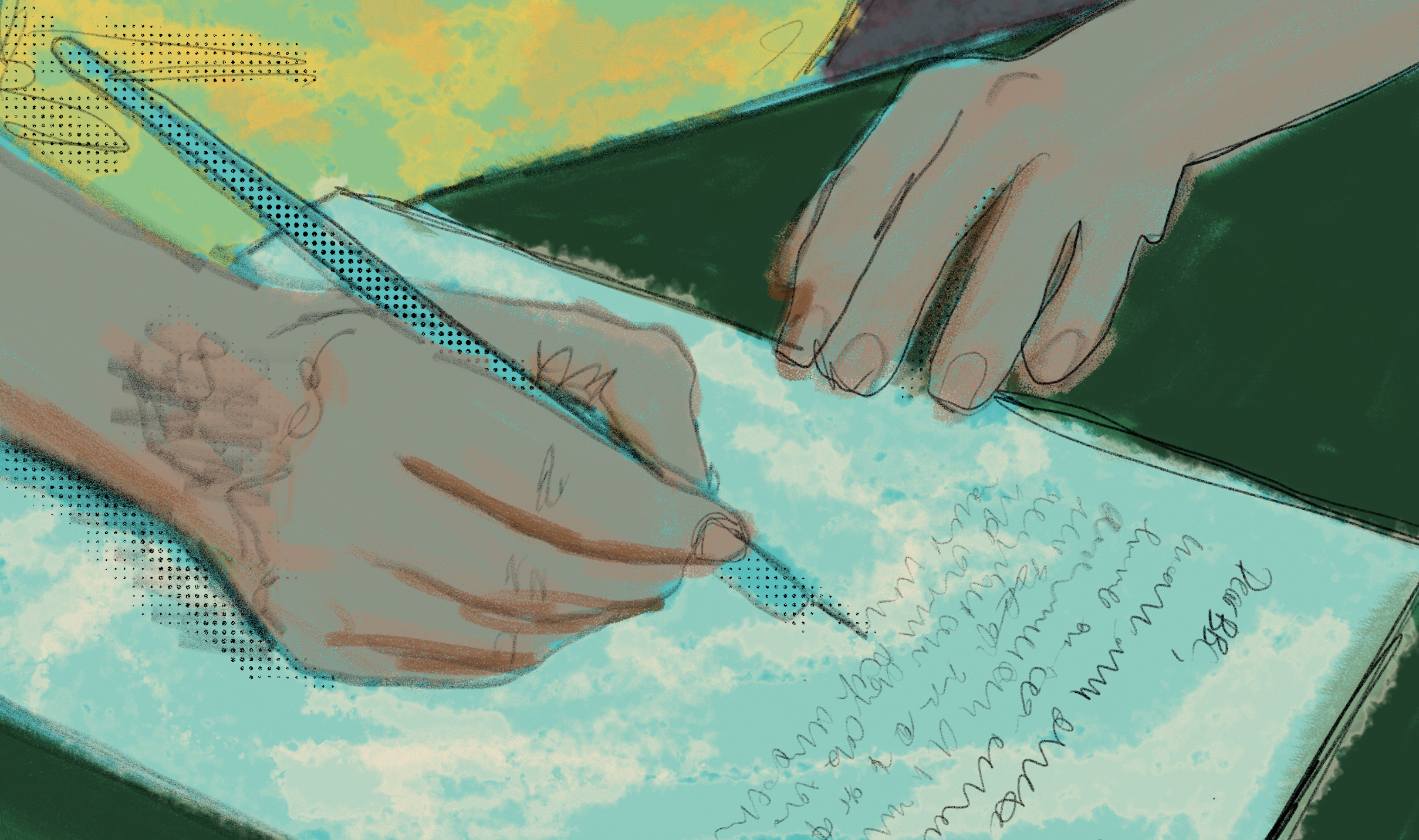
In defence of Newham: dispelling the white lies behind ‘The Last Whites of the East End’
Natalie Pla
25 May 2016
Last night at the suspiciously late hour of 10.45pm, BBC1 aired ‘The Last Whites of the East End’. Focusing on the London Borough of Newham and consistently pinpointing East Ham, this so-called “documentary” claimed to portray a dying East End in which the true and righteous (and white) inhabitants of the local area were faced with the ultimatum of migrating to the greener pastures of Essex to be “with their own” or else accept the disbandment of cockney culture from the East End of London due to mass migration in the past few decades.
Aside from the fundamental error this program makes by suggesting that Newham, a borough formed in 1965, is the heart of “East End” culture – most of Newham was a part of Essex until the 60’s and the actual East End is formed of areas such as Bethnal Green, Whitechapel (I have certainly never heard the Bow Bells on the way to the corner shop) – this program was so offensive and fallacious that I feel as a person of colour who could easily be identified as a white cockney due to my upbringing, appearance, and the BBC’s new topographical inclusivity that embraces my neighbourhood into the East End by proxy, I need to set the record straight on some of the atrocities presented here in defence of my local area.
Whilst I can accept the fact that the number of pearly kings and queens on the mean streets of the East End is quickly diminishing, what I just can’t fathom is why the BBC thought it OK to heroize this cockney culture by displaying the clear white supremacist ideology of its chosen figureheads as in any way tolerable? This depiction of the East Enders in question not only demonizes the white working class by glorifying their cultural ignorance and adherence to the perfect stereotypical cockney archetype, but then in a bizarre turn of events, goes on to present the defence of this culture by two victims of its racial abuse.
“Fifth generation East-Ender” Osman describes the racial hatred he experienced as a boy from local cockney kids to the point where him and his family were unable to leave the house. After eventually becoming friends with his taunters, the self- proclaimed cockney told the BBC that he missed his friends who had moved out to Essex in a bout of “white flight”. Osman suggested that the only way for his cockney culture to stay alive was if white East Enders resisted the urge to move, and instead became more involved in their local communities.
‘His white grandmother even named her cat “N****r”, before he expressed his discomfort at the use of the derogatory term’
Bus driver Tony also experienced torrents of racial abuse as a child of bi-racial parentage, his white grandmother even naming her cat “N****r”, before he expressed his discomfort at the use of the derogatory term. Again, in a bizarre turn of events and clad with an immigrant wife, we see Tony leaving for Essex to escape what he openly claims to be the Islamic indoctrination his children will inevitably experience in the Newham education system. This is not the only case of blatant Islamophobia the BBC1 show presents.
Whilst the predominant faith in the borough is Christianity, at 40 per cent of inhabitants, it is true that Newham has a larger number of Muslims than most other London boroughs – coming in at 32 per cent. However, as someone who has personally been through the Newham education system, attending what was then the largest local comprehensive in London, I can safely dispel the myth that I now identify as Muslim due to the rigorous study of Islam in all disciplines and the proselytization of the faith onto me by all of my peers.
In a time of international tension and the promotion of Islamophobia by people in high places (think likely Republican candidate Donald Trump), why the BBC has felt the need to give the time of day to some evidently white supremacist individuals who have been raised to “stick to their own” yet blame the Muslim community for not wanting to integrate into their East End culture of drinking and racist slander (Osman’s words, not mine) is beyond me. What’s more, the most disturbing feature of this UKIP-style TV trash was the unadulterated drive by which the BBC successfully managed to present the viewer with any form of unbiased opposition to the “white flight” movement.
Watching this shitshow, my family and I disturbingly found ourselves being sucked in to the sob story of the two sisters’ emotional departure from Canning Town to Essex, sucked in to the scenes of pensioners square dancing at the East Ham working men’s club just up the road from our house, sucked in to the idea that we should be remorseful for the loss of a culture that is self-destructing because of its refusal to share its landscape with anybody who does not willingly conform. Once we’d snapped out of this brain-dead trance, we feared that the deep irony that had been pertinent for us throughout may have been lost on the rest of the population tuning in to BBC1 at 10.45pm who perhaps hadn’t been to Newham, and thus hadn’t been exposed to the fact that living in such a culturally diverse area is a blessing rather than a curse. I am proud of being part of Newham’s multicultural society, and feel that the upbringing I have had here is unparalleled.
‘My family and I disturbingly found ourselves being sucked in to the sob story of the two sisters’ emotional departure from Canning Town to Essex’
And now, as someone who has recently completed an undergraduate degree, I feel the need to give back, so let’s have a little educative lesson on the history of the East End, shall we?
The East End, characterised by the BBC as historically white and working class, has always been a hub of industry. It has also, believe it or not, always been a hub of multiculturalism. It was in the late 17th century that the Huguenots, a group of French Protestants, migrated to the East End of London to seek refuge, granted by King Charles II of England, from French oppression. In the 19th century, facing persecution, the Jewish community of Eastern Europe fled to England and found refuge in the East End due to its affordable living. In the 1970s, Spitalfields was dubbed “Banglatown” due to the wave of migrants seeking refuge in the East End because of political turmoil in Bangladesh.
So, unless cockneys can trace their East End Roots to the Dark Ages, it is clear that the East End itself is a cultural phenomenon rooted in multiculturalism.
It is common knowledge that the BBC is struggling at the moment. But why sacrifice integrity for this Channel 4-style, undemocratic demonisation of the working class? And FYI, the monotony of the narration does not compensate for the fact that this is a one-sided predisposed account of an issue that really affects a minute percentage of the population of the borough.











